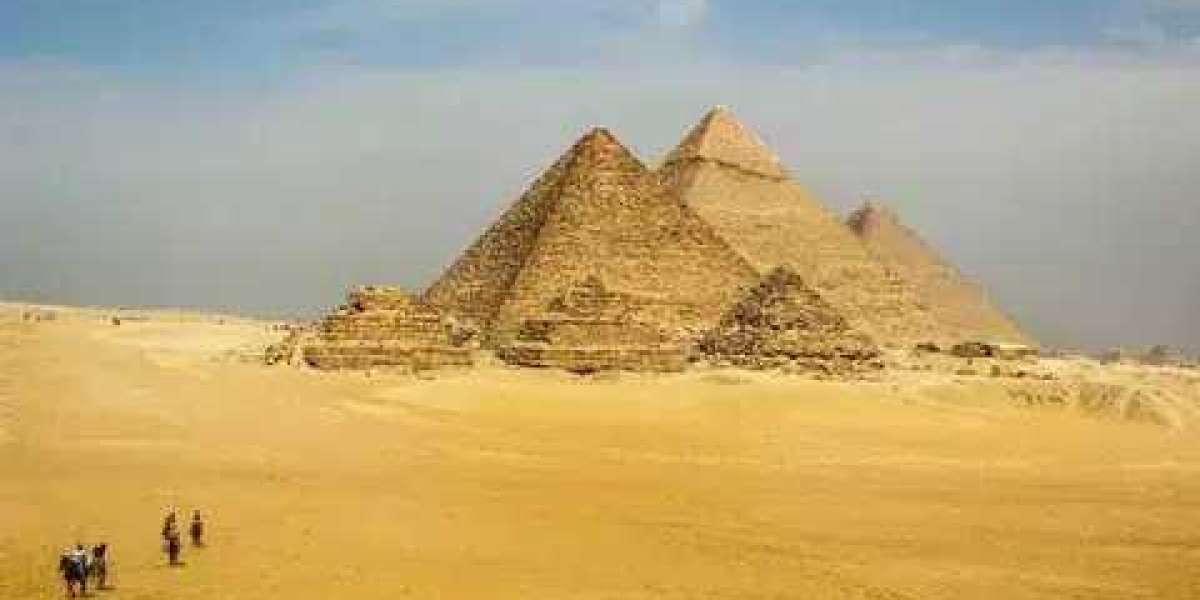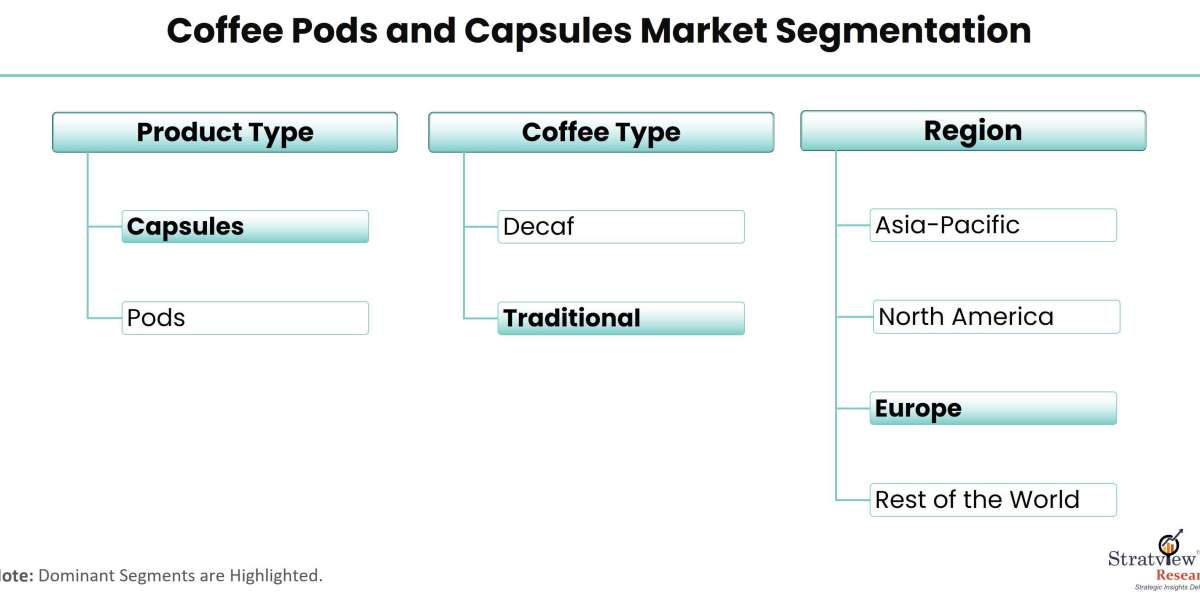Traveling to Egypt is an exciting adventure, with its breathtaking historical landmarks, vibrant cities, and rich cultural experiences. However, to make the most of your trip, it’s essential to be prepared and informed about what to expect. Here’s a guide to help you navigate Egypt like a pro once you’ve arrived.
1. Currency and Payments
to know how to plan a trip to cairo egypt ?
- Currency: The official currency is the Egyptian Pound (EGP). Carry cash for small purchases, as many places don’t accept cards.
- ATMs: Widely available in cities and towns. Use them to withdraw Egyptian Pounds at a fair exchange rate.
- Tipping (Baksheesh): Tipping is a common practice. A small tip (5–20 EGP) for services like hotel staff, taxi drivers, and restaurant servers is appreciated.
2. Language
- Official Language: Arabic is the official language, but English is widely spoken in tourist areas.
- Helpful Phrases:
- Hello: Salam (سلام)
- Thank you: Shukran (شكراً)
- How much?: Kam? (كم؟)
- Learning a few Arabic phrases can enhance your interactions and show respect for the local culture.
3. Transportation Tips
- Ride-Hailing Apps: Uber and Careem are safe and convenient in major cities like Cairo and Alexandria.
- Taxis: Negotiate the fare before getting in, as most taxis don’t use meters.
- Public Transport: The Cairo Metro is an inexpensive way to get around but may not be the most comfortable option for tourists.
- Domestic Flights: If traveling between cities (e.g., Cairo to Luxor), domestic flights can save time.
4. Food and Water Safety
- Water: Stick to bottled water to avoid stomach issues. Ensure the seal is intact when purchasing.
- Street Food: Egypt has fantastic street food, but opt for busy stalls with a high turnover to ensure freshness.
- Must-Try Dishes:
- Koshari: A hearty mix of rice, lentils, and pasta.
- Ful Medames: Slow-cooked fava beans served with bread.
- Ta’ameya: Egyptian falafel made with fava beans.
5. Safety and Security
- Tourist Areas: Egypt is generally safe for tourists, especially in popular areas like Giza, Luxor, and Aswan.
- Scams: Be cautious of overcharging and unsolicited offers for guides or services.
- Crowded Places: Keep an eye on your belongings in markets and crowded attractions.
6. Dress Code and Cultural Etiquette
- Modest Clothing: While Egypt is relatively liberal, modest clothing is recommended, especially in religious areas and rural regions.
- Religious Sites: Women should cover their hair, shoulders, and knees when visiting mosques or churches.
- Respect Local Customs: Public displays of affection are not common, and it's polite to greet people with a handshake.
7. Climate and Weather
- Hot Climate: Egypt has a desert climate, so expect hot days and cool evenings.
- Sun Protection: Wear sunscreen, sunglasses, and a hat to shield yourself from the sun.
- Seasonal Packing: Lightweight clothes for summer and a jacket for cooler winter evenings.
8. Health Precautions
- Travel Insurance: Ensure your travel insurance covers medical emergencies.
- Vaccinations: Check if vaccinations (e.g., hepatitis A, typhoid) are recommended before travel.
- Pharmacies: Pharmacies are widespread and often stock medications without a prescription.
9. Shopping Tips
- Markets (Souks): Bargaining is expected, so don’t accept the first price. Practice your haggling skills for the best deals.
- Popular Souvenirs:
- Papyrus art
- Handcrafted jewelry
- Spices
- Egyptian cotton products
- Fixed-Price Stores: If you’re not comfortable bargaining, visit stores with fixed prices.
10. Connectivity and Communication
- SIM Cards: Purchase a local SIM card for affordable mobile data. Vodafone, Orange, and Etisalat are popular providers.
- Wi-Fi: Available in most hotels and cafes but may not be reliable everywhere.
11. Time Zone and Business Hours
- Time Zone: Egypt operates on Eastern European Time (EET), UTC+2.
- Business Hours: Shops and attractions often close late. Many businesses close briefly during midday prayer times and remain open until 10 PM or later.
12. Exploring Beyond Cairo
Tour Packages While Cairo is the hub, Egypt has much more to offer:
- Luxor and Aswan: Known for temples, tombs, and Nile cruises.
- Red Sea Resorts: Sharm El Sheikh and Hurghada are ideal for diving and relaxation.
- Siwa Oasis: A remote desert oasis for those seeking off-the-beaten-path adventures.
Final Thoughts
Egypt is a land of wonder, offering incredible history, warm hospitality, and unique cultural experiences. By being informed and prepared, you’ll navigate the country with ease and make the most of your trip. Enjoy every moment, from exploring ancient ruins to savoring local delicacies.














